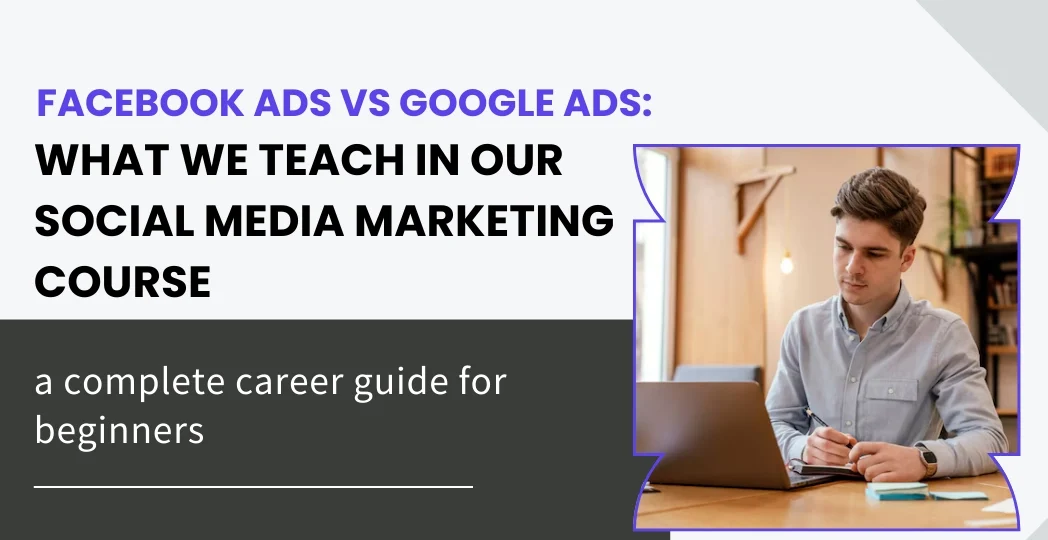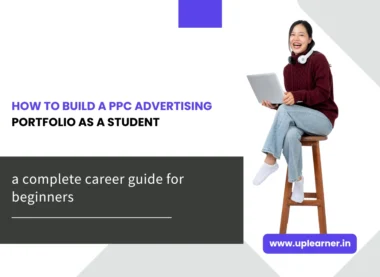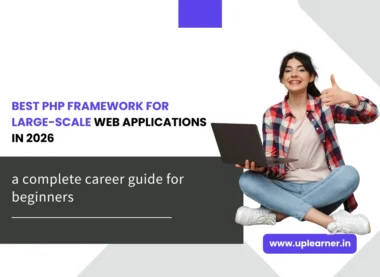Table of Contents
If you are trying to grow your business online, you have likely asked the same question many others ask: Facebook Ads vs Google Ads — which one should I use? In our Social Media Marketing Course, we teach a simple way to choose. You do not have to guess or follow trends. Instead, you match your business goal to the right platform and let data guide your next step.
The big idea in simple words
Think of people on Google and people on Facebook (Meta) as being in two different moods:
- On Google, people are searching with a purpose. They type what they want: “best dentist near me” or “buy black running shoes.” When they see your ad, they are already interested. This is why Facebook Ads vs Google Ads often feels like intent vs discovery.
- On Facebook and Instagram, people are browsing, relaxing, and connecting with friends. They may not be searching for your product, but they can still notice your brand if your ad is relevant, helpful, and friendly.
When we compare Facebook Ads vs Google Ads, we say: Google captures intent, while Facebook creates discovery. Both are valuable, and both can work together.
When to use each platform
Here is a simple rule that we teach inside our Social Media Marketing Course:
- If people are already searching for what you sell, start with Google Ads. You can target keywords that show strong intent. This often brings faster leads or sales.
- If people do not search for your product often, or if your offer needs more education or storytelling, start with Facebook Ads. You can use interest targeting, lookalike audiences, and retargeting to build awareness and trust.
This is not a fight where one platform must win. In the real world, Facebook Ads vs Google Ads is about using the right tool at the right time.
How targeting works (in plain English)
- Facebook Ads let you reach people by interests, behaviors, demographics, and custom audiences (like website visitors or past customers). You can also create lookalike audiences that are similar to your best customers. This helps you find new people who may love your brand.
- Google Ads let you reach people by keywords (what they type) on Search, by products on Shopping, and by audiences on Display and YouTube. If your keywords match the buyer’s need, your ad can show at the perfect moment.
In practice, Facebook Ads vs Google Ads targeting is not about which one is “smarter.” It’s about matching the targeting style to the user’s mindset.
What creatives work best
- On Facebook, people scroll fast. Your ad must stop the scroll with a clear hook. Use a short headline, friendly language, and simple visuals or short videos. Show the benefit quickly. Add social proof like reviews or results to build trust.
- On Google Search, you have limited space. Your headlines should match the keywords the buyer uses. Keep it clear: what you offer, why it is different, and what action to take. On Google Shopping, make sure your product feed has clean titles, strong images, correct pricing, and available stock.
We repeat this many times in class because it is key to Facebook Ads vs Google Ads success: the right message must fit the place where it appears.
Budgeting and bidding without stress
Money talk can feel scary, so let us keep it simple:
- Start small, learn fast. Begin with a test budget you are comfortable with for 7–14 days.
- Back your winners. If a campaign brings quality leads or sales at a good cost, increase the budget slowly.
- Control what you can. On Google, choose the right match types and negative keywords to keep your traffic relevant. On Facebook, avoid changing budgets too often while the system is still “learning.”
Inside our Social Media Marketing Course, we show you how to set budgets for both platforms and how to read the numbers so you always know what to do next.
Tracking and measuring what matters
One big reason people get confused about Facebook Ads vs Google Ads is weak tracking. If you do not measure correctly, you cannot make good decisions. Here is what we teach:
- Install your Meta Pixel and Conversions API for Facebook.
- Install Google Tag and set up conversions in Google Ads (and/or import from Google Analytics).
- Track a small set of actions that matter: purchases, leads, calls, sign-ups.
- Compare results fairly. Do not compare a cold Facebook audience to a high-intent Google Search campaign. Look at each part of the funnel and how they work together.
When your tracking is clean, the Facebook Ads vs Google Ads debate becomes easier to answer for your own business.
Making them work together
Your best results often come when the two platforms support each other:
- Facebook warms, Google captures. Facebook ads introduce your brand and educate new people. Later, they search your brand or product on Google. Your Google ads then capture that demand.
- Google informs, Facebook nurtures. People who visit your site from Google can be retargeted on Facebook with helpful videos, testimonials, or limited-time offers.
This teamwork is the heart of our Social Media Marketing Course. We teach you how to plan multi-channel campaigns so that Facebook Ads vs Google Ads becomes a “both and,” not “either or.”
A simple decision guide
Use this quick set of questions:
- Do people search for your offer?
- Yes → Start with Google Search (and Shopping for e-commerce).
- Not much → Start with Facebook to create interest.
- Yes → Start with Google Search (and Shopping for e-commerce).
- Do you need fast leads or sales?
- Yes → Focus on Google to capture existing demand; add Facebook retargeting.
- No → Begin with Facebook to build awareness and your email list; add YouTube for education.
- Yes → Focus on Google to capture existing demand; add Facebook retargeting.
- Do you have video?
- Yes → Use YouTube and Facebook Reels/Stories to tell your story.
- No → Start with simple images and text on Facebook and responsive search ads on Google.
- Yes → Use YouTube and Facebook Reels/Stories to tell your story.
Notice how this guide keeps the focus on goals, not on fighting Facebook Ads vs Google Ads for a trophy.
Real-world examples (made simple)
- Local service (dentist, salon, repair): People search when they need help now. Google Search brings quick leads. Facebook retargeting reminds visitors to book. This mix wins the Facebook Ads vs Google Ads test for local intent.
- New product with low awareness: People are not searching yet. Facebook and Instagram ads with short videos work well to show value and build curiosity. Later, run Google Search for your brand name and main benefits.
- E-commerce brand: Use Google Shopping to catch buyers who are searching. Use Facebook to show lifestyle photos, reviews, and bundles. Over time, both channels lift each other, making the Facebook Ads vs Google Ads question less important than the total revenue.
Common mistakes to avoid
- Picking a platform before picking a goal. Always choose the goal first.
- Comparing costs without context. A cheaper click is not always better. Intent matters.
- Ignoring creatives. The right message for the right place wins more than clever tricks.
- No retargeting. Warm audiences convert better; retarget on both platforms.
- Weak tracking. If you cannot measure, you cannot improve.
These mistakes create confusion in the Facebook Ads vs Google Ads debate. When you avoid them, decisions become clear and calm.
Final takeaway
At the end of the day, Facebook Ads vs Google Ads is not a battle. It is a strategy choice. Google shines when people are ready to act. Facebook shines when people need discovery, story, and proof. When used together with good tracking and smart creative, both can grow your business. That is exactly what we teach step by step in our Social Media Marketing Course—from setting your goals, to choosing campaigns, to reading your numbers with confidence. After learning this system, the question of Facebook Ads vs Google Ads will no longer feel confusing. You will know which one to start with, how to test, and when to scale—so your ad spend turns into real results.







